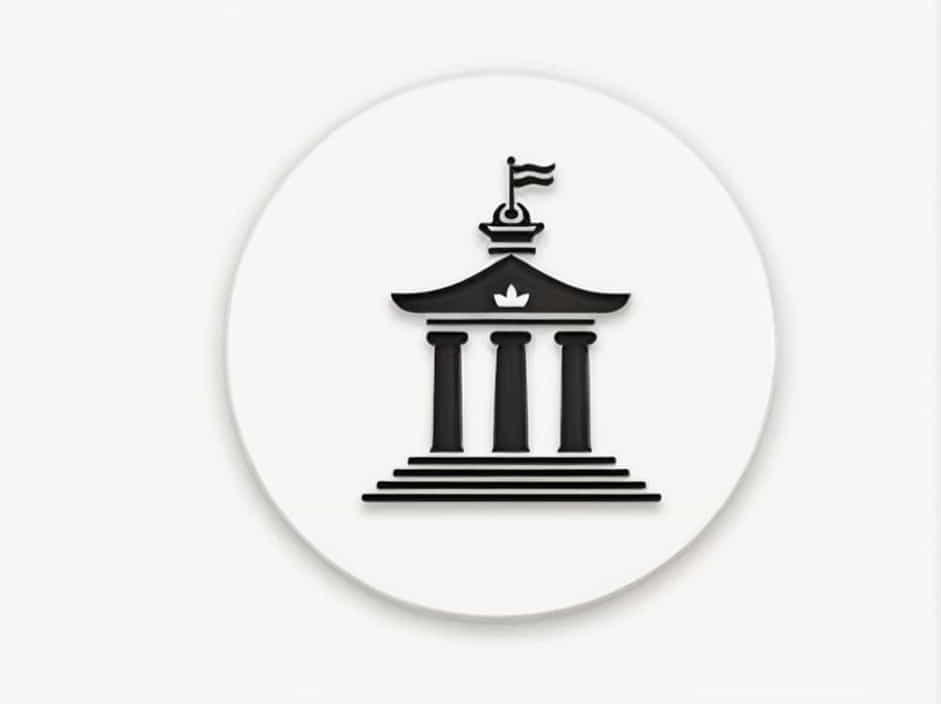The Netherlands Institute for Multiparty Democracy (NIMD) is a non-governmental organization dedicated to promoting democratic values and strengthening multiparty systems worldwide. Based in The Hague, Netherlands, the institute collaborates with political parties, civil society organizations, and governments to foster dialogue, political inclusivity, and democratic development.
Since its establishment in 2000, NIMD has played a crucial role in supporting peaceful political transitions, particularly in regions affected by conflict, instability, or authoritarian rule. This topic explores the mission, programs, impact, and challenges of the Netherlands Institute for Multiparty Democracy.
The Mission and Goals of NIMD
Promoting Political Pluralism
One of NIMD’s primary objectives is to strengthen political pluralism, ensuring that multiple parties can compete freely and fairly in democratic systems. The institute believes that an inclusive and transparent political process is essential for long-term stability, peace, and good governance.
Encouraging Inclusive Dialogue
NIMD fosters open and constructive dialogue among political parties, even those with opposing ideologies. By providing a neutral space for discussions, the institute helps parties find common ground, resolve conflicts, and work toward shared national goals.
Supporting Democratic Leadership
Another core objective of NIMD is to train and mentor political leaders, especially young politicians, women, and marginalized groups. By enhancing leadership skills, policy-making abilities, and ethical governance, the institute prepares the next generation of democratic leaders.
Key Programs and Initiatives
Political Party Support
NIMD works directly with political parties to strengthen their institutional capacity, internal democracy, and electoral strategies. Through tailored training programs, the institute helps parties:
- Develop inclusive policy platforms.
- Improve internal governance structures.
- Enhance their ability to engage with voters and stakeholders.
Democracy Education and Training
The institute operates Democracy Schools in various countries, offering practical training in democratic principles, leadership, and governance. These schools aim to:
- Educate aspiring politicians on democratic values.
- Provide skills training in political negotiation and conflict resolution.
- Encourage cross-party cooperation and consensus-building.
Conflict Mediation and Peacebuilding
In regions affected by political instability, civil unrest, or post-conflict transitions, NIMD plays a critical role in mediation efforts. The institute facilitates dialogues between rival parties, ethnic groups, and political actors to promote reconciliation and national unity.
Women and Youth in Politics
Recognizing the underrepresentation of women and youth in political leadership, NIMD actively promotes programs to:
- Encourage greater female participation in politics.
- Support youth-led political initiatives.
- Advocate for policies that address the needs of underrepresented communities.
Global Impact and Presence
Regions of Operation
NIMD has established partnerships in more than 20 countries across Africa, Latin America, Asia, and Eastern Europe. Some of the key regions where the institute has made a significant impact include:
- Africa: Supporting democratic transitions in countries like Burkina Faso, Kenya, and Uganda.
- Latin America: Strengthening political dialogue in nations such as Colombia and El Salvador.
- Asia: Encouraging democratic reforms in Myanmar and Bangladesh.
- Eastern Europe: Assisting democratic consolidation in nations like Georgia and Ukraine.
Notable Achievements
Over the years, NIMD has:
- Trained thousands of political leaders and party members.
- Helped stabilize post-conflict societies by facilitating peace talks.
- Assisted in drafting democratic reforms and election laws.
- Promoted free and fair elections through technical support and advocacy.
Challenges and Criticism
Political Resistance
One of the biggest challenges NIMD faces is political resistance from authoritarian governments and ruling parties that are reluctant to support multi-party democracy. In some cases, governments have attempted to limit NIMD’s operations or restrict political freedoms.
Security and Conflict Zones
Operating in conflict-prone regions comes with security risks. NIMD staff and partners often work in unstable environments, requiring careful risk management and diplomatic strategies.
Sustaining Long-Term Change
Building a strong democratic culture takes time. Even with successful training programs, NIMD must ensure that democratic principles are consistently upheld by political leaders and institutions.
The Future of NIMD
As global democracy faces growing threats from authoritarianism, political polarization, and misinformation, NIMD’s work remains more relevant than ever. The institute continues to adapt its strategies to address new challenges, including:
- The rise of digital disinformation in elections.
- The increasing influence of non-democratic regimes on global politics.
- The need for stronger civic engagement and grassroots democracy movements.
By expanding its partnerships, advocacy efforts, and educational programs, NIMD aims to continue shaping a more inclusive, stable, and democratic world.
The Netherlands Institute for Multiparty Democracy plays a crucial role in strengthening democratic systems worldwide. By supporting political party development, inclusive dialogue, and leadership training, the institute fosters peaceful and transparent political processes.
While challenges remain, NIMD’s commitment to promoting democracy, resolving conflicts, and empowering future leaders ensures that multiparty systems remain strong and resilient in an evolving global landscape.
